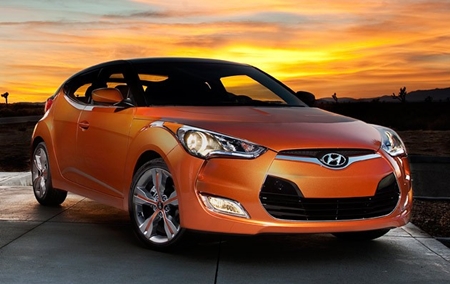Automobile figures for the first 11 months of the EU-South Korea free trade agreement (FTA) highlight the asymmetrical trade flow relations between the two partners, with massive increases for Korean exports of passenger cars, yet only relatively modest gains for the EU industry. The European Automobile Manufacturers Association (ACEA) took the opportunity of the first anniversary of the FTA on 1 July to draw attention to this unbalanced situation.
During the period from 1 July 2011 to 31 May 2012, Korea exported 400,000 domestically-manufactured passenger cars into the EU; a figure which is up 40 percent from the same period one year earlier. By contrast, over the same timeframe Korea imported 73,000 European passenger cars, which represents an increase of 13 percent. This information – confirmed by the Korean International Trade Association (KITA) at the Business Europe meeting at which ACEA was present – paints a very different picture to that presented by the European Commission in its statement yesterday.
 Korea’s Hyundai Veloster
Korea’s Hyundai Veloster
Since the FTA, Korean import duties have come down from 8 percent to about 6 percent, and EU import duties have been reduced from 10 percent to approximately 8 percent.
“It is still too early to say if there is a direct relationship between the entry into force of the FTA and the increase in trade flows,” stated ACEA Secretary General Ivan Hodac. “What is clear however is that European exports are being hampered by the continuing existence of automotive non-tariff barriers (NTBs).”
“On the occasion of this one-year anniversary, ACEA calls on the Commission to resolve the issue of existing automotive NTBs as well as to ensure that no new ones are introduced,” Hodac stated. “We will continue to actively monitor the situation and remain vigilant to further developments.”
The EU is not alone in its concerns regarding FTA’s with Asian countries, with the Australia and Thailand’s FTA also not a balanced relationship, and even the ASEAN Free Trade Agreement (AFTA) is not without its problems.
This is an ongoing situation – watch this space!




